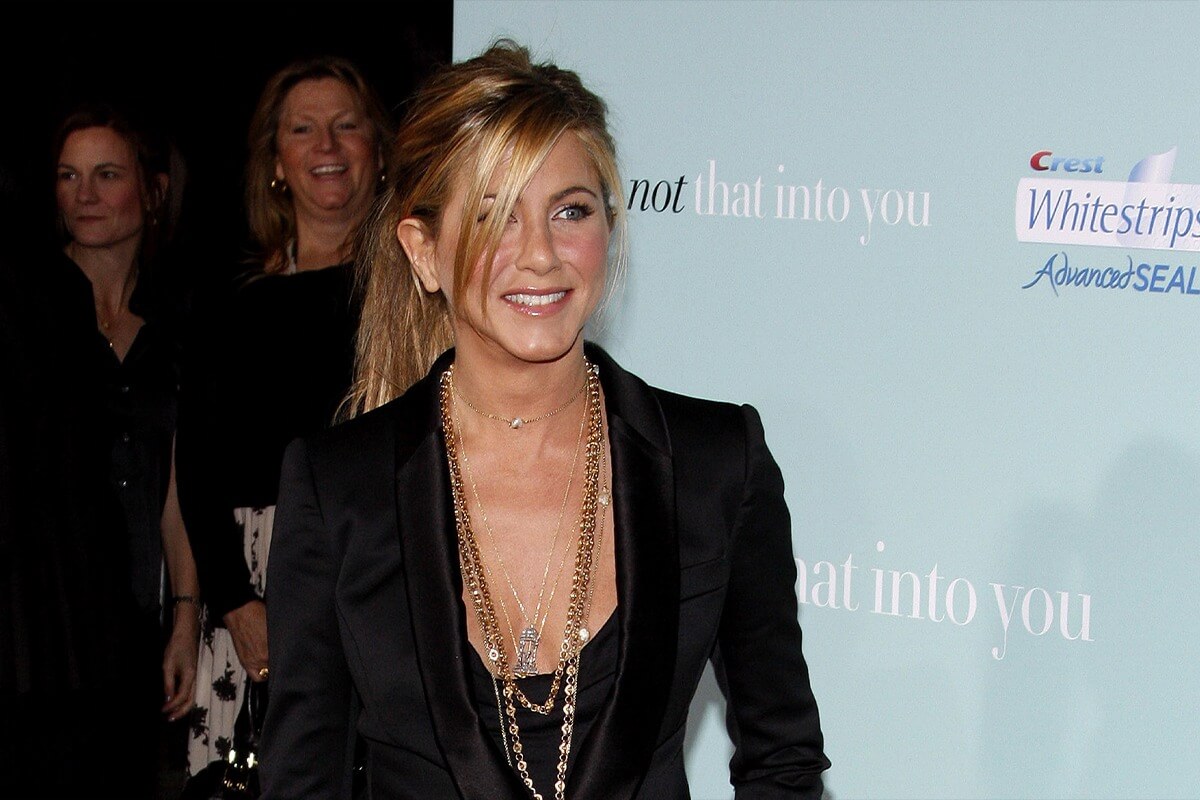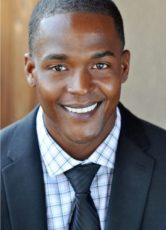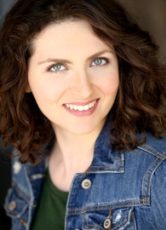
Some actors make acting look easy. The popular star Jennifer Aniston boasts a prolific career with hits like “Friends” and “The Morning Show,” as well as her work in films like “The Good Girl,” “Office Space,” and “Cake.” Sebastian Stan is known as Bucky Barnes/Winter Soldier in the Marvel universe, and his other films include “Labyrinth,” “The Martian,” “I, Tonya,” and more recently, he played rocker Tommy Lee in the miniseries “Pam & Tommy.” Aniston and Stan recently sat down to interview one another for an episode of Variety’s “Actors on Actors.” The duo revealed their feelings about auditioning, shared their struggles with nerves, and discussed how they approach their workdays, even when life throws them curveballs.
Bring the day to work
One never knows what kind of unplanned events will happen just before a big audition or before arriving on set—perhaps a fender bender, falling in love, an argument with a close friend, no coffee that morning, and so on.
Stan said, “I don’t know if you ever heard this saying, because I always heard … from my acting teachers and stuff: ‘Just bring the day with you.’ Right? Because it’s like you can prepare as much as you can, but then your life is still gonna happen. And now it’s a huge [tactic] for me—even in auditions.” Instead of concealing the energy stemming from his personal life, he uses it and goes with the flow.
Handling auditions
“I was the worst at auditioning. I hate—I’m the worst auditioner,” Aniston shared. “I was terrified of it. I would walk into that room just shaking. It’s a shock I ever got hired, let’s be clear. My first, first job was a Bob’s Big Boy commercial. I couldn’t get hired for like two years because I was just my own worst enemy walking into a room.”
On the other hand, Stan views auditions more as a place to play around. Auditions are “still kind of fun,” he said. “I didn’t mind it so much, you know?”
However, both actors agreed how intimidating it can be to audition, especially for the networks. “I know ’cause it’s so weird when everybody’s there—like network tests,” Stan said. “When it was sort of like a crowd, but it’s dark, and you can’t see them.” “Yeah, there is just shadows,” Aniston agreed. “Maybe you’ll get a glimpse of an eye, and you’re like, ‘Hel-lo?’”
Nerves can work on an actor’s behalf
When hearts pound, mouths are parched, hands shake, and it’s difficult to think straight due to nerves, actors can use that abundance of energy to their advantage.
Stan asked Aniston, “Do you ever have moments where you as the actor are going, ‘I don’t know if I can. I don’t know if I—do I really want to go there?” “All the time. All the time,” Aniston replied. “I would doubt my ability. Somehow that served me in being unsure if I was going to be able to hit it right.”
Stan said, “This is something that I relate to, in the sense that I think fear is good.”
They both agree that nerves are a good sign. “It’s a great sign,” Aniston insists. “I think. And then when you get there, that somehow fuels the scene, and it works in your favor. Like you said: ‘Bring the day to work.’”
The self-help author Dr. Robert Anthony once said, “The opposite of bravery is not cowardice, but conformity.” And if there’s anything that great works of art do, it’s break away from conformity. Likewise, great acting performances require the courage and will to take risks. Bravery is essential during auditions, while crafting a character, when working with other actors, and all the way through the production. Fear can certainly be a hindrance, but framing the nerves as a motivator has certainly been effective for Aniston and Stan.
By embracing the jitters, they’ve proven to themselves—and to worldwide audiences—they’ve got grit and are full of surprises.




